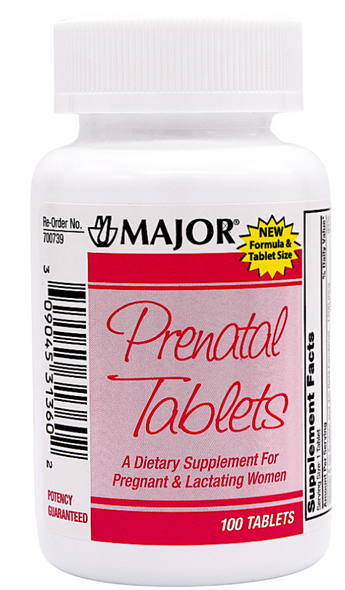Description
Major Vitamin C 250 mg - 100 Tablets
- Dietary Supplement
- Potency Guaranteed
- Vitamin C tends to change color with age; this does not affect potency
Expiration Date: 3-2025
Ingredients
- Active: Vitamin C (as Ascorbic Acid) - 250 mg
- Other: Microcrystalline Cellulose, Stearic Acid, Polyvinylpyrrolidone, Croscarmellose Sodium, Magnesium Stearate, Silica, Talc, Ethylcellulose, Triacetin, Acetylated, Monoglycerides, Polyethylene Glycol, Oleic Acid
Uses
- May help with immune function
FULL DESCRIPTION
Supplement Facts
- Serving size 1 tablet
- Amount per tablet
- Vitamin C (as Ascorbic Acid) - 250 mg
- Daily Value
- 278%
Warnings
- If you are pregnant, nursing or taking any medications, or have any medical condition, consult your doctor before use
- Discontinue use and consult doctor if any adverse reactions occur
- Keep out of reach of children
Directions
- For Adults
- Take one (1) tablet daily, preferably with a meal
- As a reminder, discuss the supplements and medications you take with your health care providers
Free Of
- Yeast
- Wheat
- Gluten
- Milk or milk derivates
- Lactose
- Sugar
- Preservatives
- Soy
- Artificial color
- Artificial flavor
- Sodium (less than 5 mg per serving)
Other Information
- Store at room temperature
- Avoid excessive heat
- Tamper resistant: do not use if seal under cap is broken or missing
- Vitamin C tends to change color with age; this does not affect potency
Other Ingredients
- Microcrystalline Cellulose, Stearic Acid, Polyvinylpyrrolidone, Croscarmellose Sodium, Magnesium Stearate, Silica, Talc, Ethylcellulose, Triacetin, Acetylated, Monoglycerides, Polyethylene Glycol, Oleic Acid
Expiration Date: |
3-2025 |




















